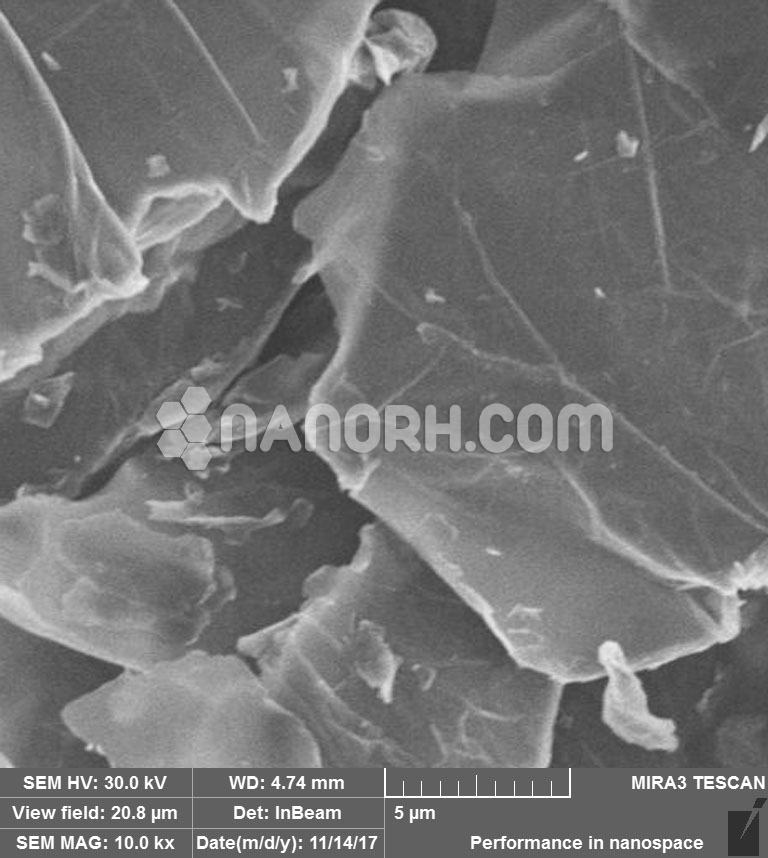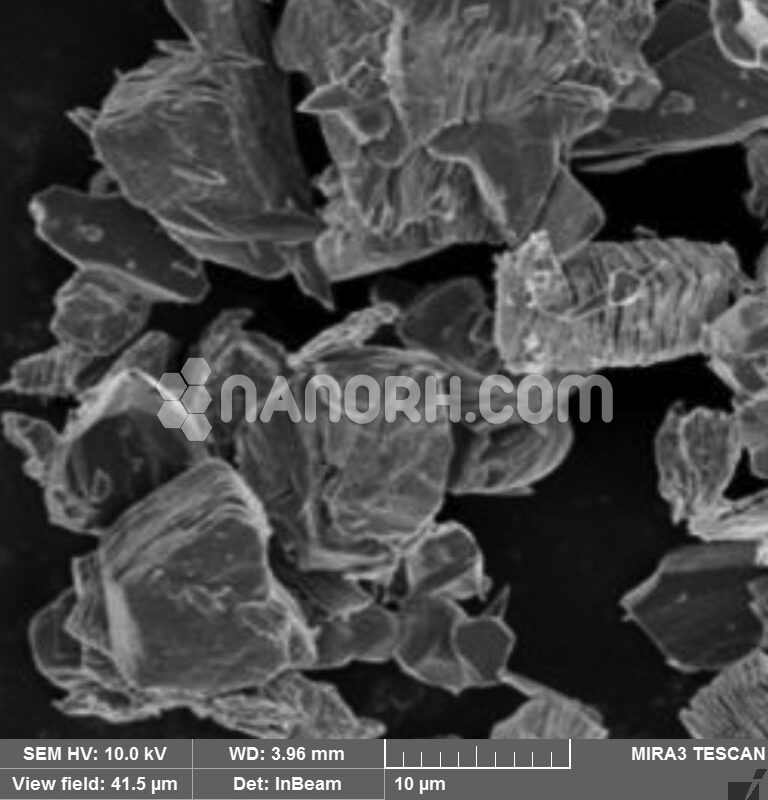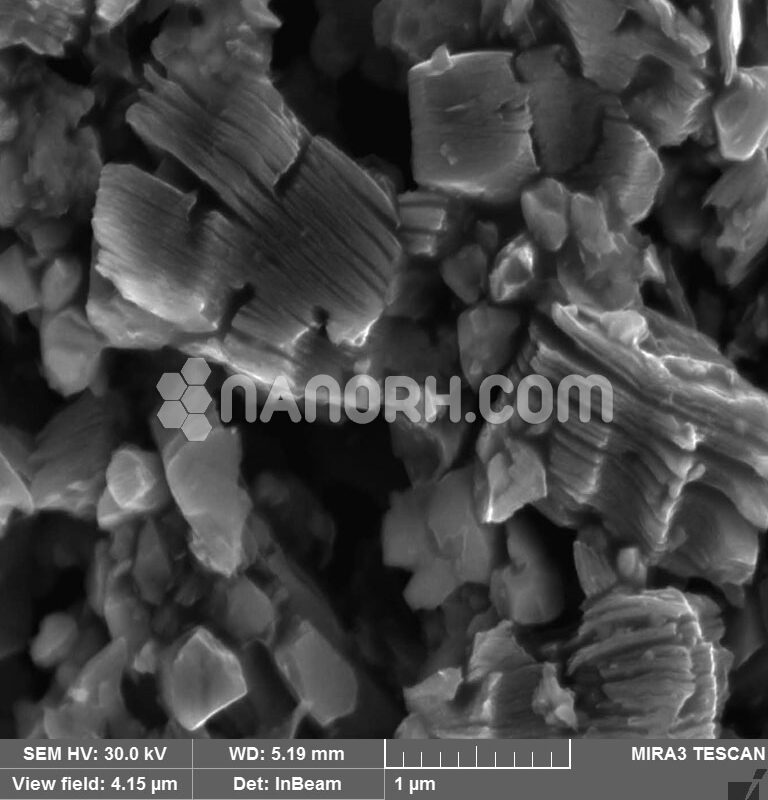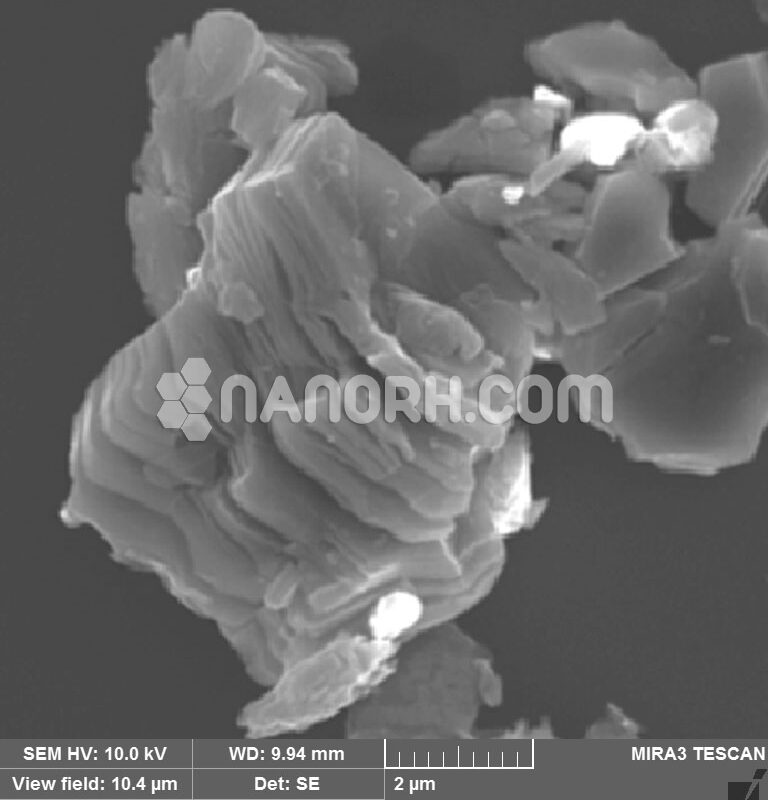|
MAX Phase Titanium Silicon Carbide Powder |
|
| Product No. | NRE-58006 |
| CAS No. | 12202-82-3 |
| Formula | Ti2SiC |
| Molecular Weight | 135.83 g/mol |
| APS | < 40 μm |
| Purity | 99.9% |
| Form | Powder |
MAX Phase Titanium Silicon Carbide Powder
Structure and Properties
Ti3SiC2 possesses a unique combination of metallic and ceramic properties. Its layered hexagonal structure consists of alternate layers of titanium carbide and a single layer of silicon atoms. This configuration imparts Ti3SiC2 with exceptional mechanical, thermal, and electrical properties, making it suitable for a variety of applications.
Mechanical Properties
High Damage Tolerance: MAX PhaseTitanium Silicon Carbide Powder can withstand significant plastic deformation before fracturing.
Thermal Shock Resistance: Its ability to endure rapid temperature changes without cracking is a crucial property for high-temperature applications.
Low Density: The low density of MAX PhaseTitanium Silicon Carbide Powder compared to traditional ceramics, makes it advantageous for aerospace and automotive components where weight reduction is critical.
Electrical and Thermal Conductivity
MAX PhaseTitanium Silicon Carbide Powder exhibits high electrical conductivity, akin to metals, which is uncommon for ceramics. Additionally, it has excellent thermal conductivity, making it an ideal material for heat sinks and other thermal management applications.
Chemical Resistance
This compound shows remarkable resistance to oxidation and chemical attack, which extends its usability in harsh environments, such as in chemical processing or as protective coatings.
Synthesis
Several methods exist for synthesizing Ti3SiC2 powder, including:
Powder Metallurgy: This involves mixing titanium, silicon, and carbon powders, followed by pressing and sintering at high temperatures.
Chemical Vapor Deposition (CVD): In this process, gaseous precursors react at high temperatures to form Ti3SiC2 coatings on substrates.
Self-propagating High-temperature Synthesis (SHS): A combustion process that enables the formation of Ti3SiC2 by an exothermic reaction between the elemental powders.
Applications
Aerospace: Components that require lightweight, durable materials with good thermal shock resistance.
Automotive: Engine parts and other components that benefit from high-temperature stability and low density.
Chemical Industry: Protective coatings and components that are resistant to corrosion and oxidation.




